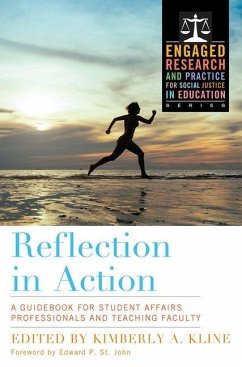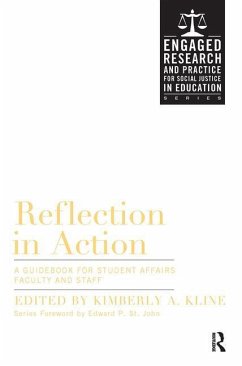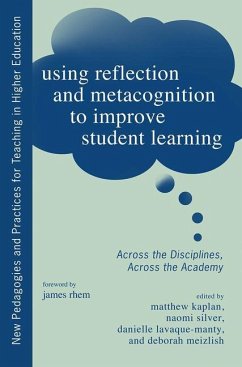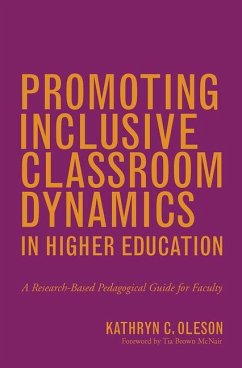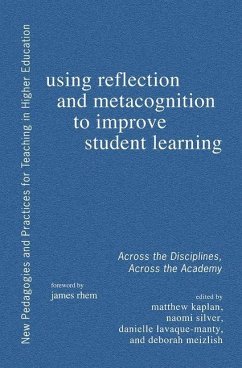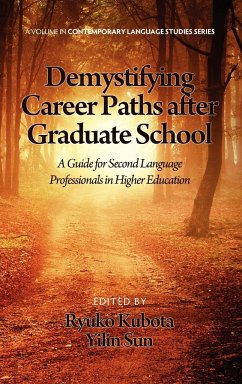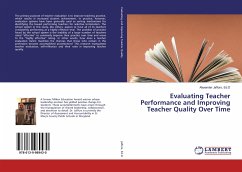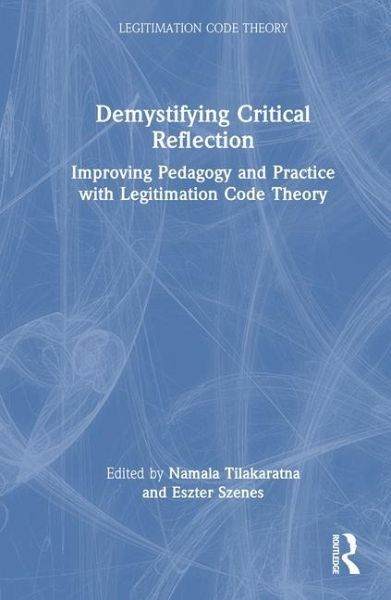
Demystifying Critical Reflection
Improving Pedagogy and Practice with Legitimation Code Theory
Herausgeber: Tilakaratna, Namala; Szenes, Eszter
Versandkostenfrei!
Versandfertig in 1-2 Wochen
171,99 €
inkl. MwSt.

PAYBACK Punkte
86 °P sammeln!
Drawing on Legitimation Code Theory (LCT), this volume reveals the knowledge practices and language of critical reflection in a range of different subjects, making clear how it can be taught and learned.







